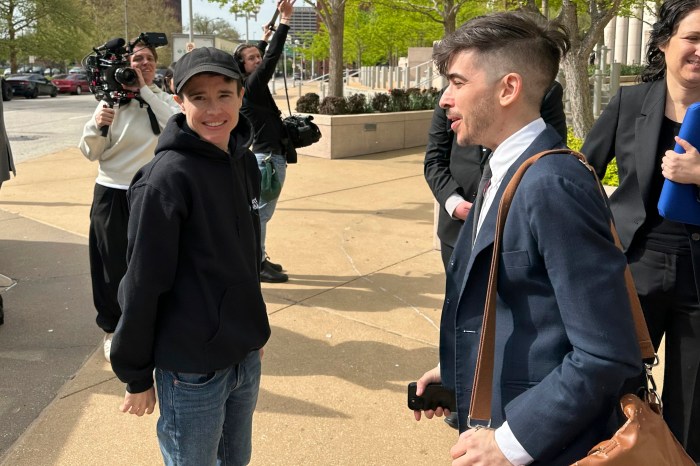Parents not liable for failing to disclose their dead son’s HIV to his fiancé
The Appellate Court of Illinois has reversed a $2 million jury verdict in an HIV-liability case, in which a woman won a trial judgment against the parents of her now-deceased fiancé who had assured her while their son was alive of his good health even as she harbored suspicions that he had infected her with HIV.
The September 1 ruling, involving a “Jane Doe” plaintiff, found that as a matter of law a person who had cause to believe she might have been exposed to HIV could not reasonably rely on the opinions or statements of non-professional in deciding whether to seek testing or treatment.
Doe may have been infected by her fiancé during their early sexual contacts in the summer of 1996, but claims she did not learn he had AIDS until shortly before his death more than three years later. She was promptly tested and when she learned she was positive consulted an AIDS specialist who presented evidence at trial that she was a “rapid progresser” whose immune system was irreparably damaged by her delay in treatment.
After the death of her fiancé, Albert Dilling, Doe filed suit against his estate and against his parents, Betty and Kirk, claiming that their failure to inform her about the cause of their son’s illness constituted either fraudulent or negligent misrepresentation. The fiancé died with a negative net worth, so the case was soon narrowed to claims against his parents. When Kirk Dilling also died, his estate was substituted as a defendant, and his deposition testimony was admitted as evidence, though Doe was not allowed to testify about conversations she had with him.
After testimony in the first trial, the judge directed a verdict clearing the Dillings of fraudulent misrepresentation, but the jury deadlocked on the negligence claim. At the second trial, oddly, Doe was allowed to pursue both claims. This time, the judge directed a verdict dismissing the negligent misrepresentation claim, and the jury found for Doe on the fraud claim, awarding her $2 million.
Writing for the Appellate Court, Justice Joseph Gordon provided a detailed summary of evidence clearly indicating that Albert knew he was HIV-positive when he met Doe, and perhaps as early as 1992. Gordon observes that his failure to disclose his status prior to unprotected sex was a crime in Illinois and that his estate would certainly have had liability.
The evidence on what his parents knew and when they knew it was more confused. Betty insisted that almost to the end she believed her son suffered from heavy metal poisoning and Lyme Disease. Her late husband’s deposition indicated that despite what the doctors said, he did not believe his son had AIDS.
The Appellate Court found this beside the point. Concealing information, untruthful answers, and even deliberate efforts at misleading are not enough to demonstrate fraudulent misrepresentation for purposes of this type of claim. The injured party must prove that they could reasonably believe and rely on such misrepresentations. Here the court faulted Doe.
The plaintiff introduced evidence that the Dillings knew there son was HIV-positive as early as November 1998, but it was also clear that Doe had her own suspicions earlier than that, due to symptoms Albert showed. She had raised her concerns about this to Betty, who had stoutly denied it. In addition, Doe suffered signs of a viral infection shortly after first having sex with Albert and then later experienced other symptoms that would have lad a reasonable person to be tested for HIV.
“Once we determine that Doe should have been on notice of her own condition, as a matter of law, it becomes clear that she should have directed any concerns about having been infected with HIV to a health professional, rather than repeatedly seeking assurances from the Dillings that Albert’s only problem was heavy-metal poisoning,” wrote Gordon.
The Dillings could potentially have raised confidentiality laws to protect themselves from Doe’s claims, but that became unnecessary given her own duty of care to herself. The Appellate Court concluded that the trial judge should never have let this case go to the jury, and reversed its $2 million verdict.
gaycitynews.com


































